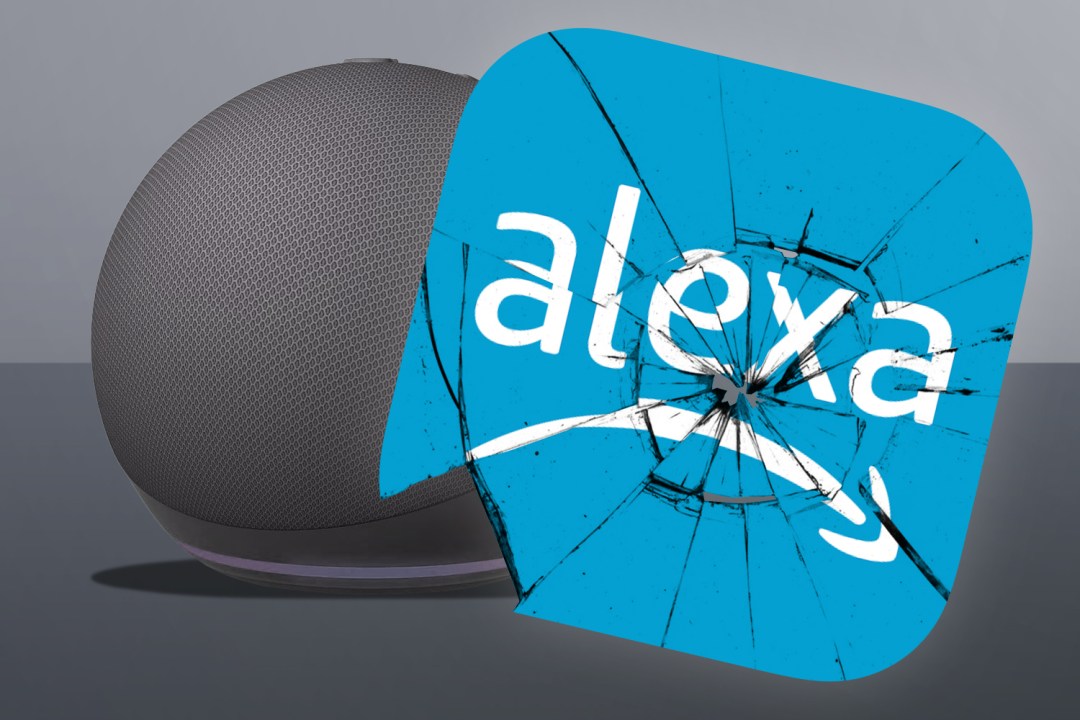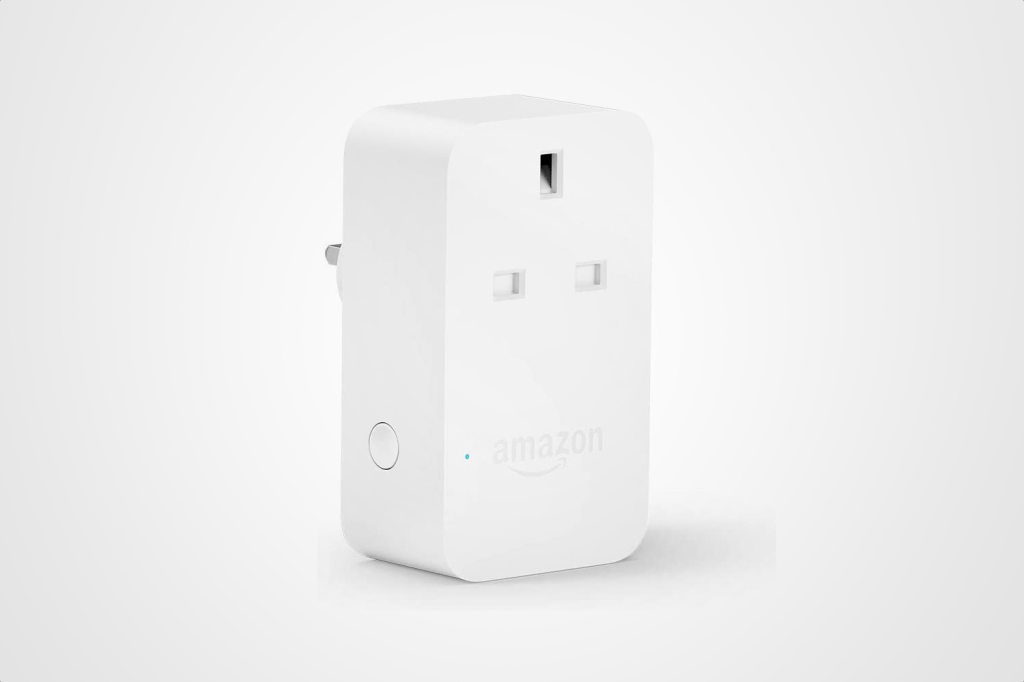Amazon lost billions – because Alexa lacked focus and was wrong about what people want
Alexa, what happens when a business model relies on vague assumptions about somehow making money later?

“A widescreen iPod with touch controls. A revolutionary mobile phone. And a breakthrough internet communications device.” That was how Steve Jobs introduced the original iPhone. There’s showmanship in the delivery and ‘wow factor’ that stems from the device’s (then) astonishing feature set. But what strikes me today is how simple and focused it is as a plan.
Here were three clear, defined use cases Apple knew people wanted, and a device that aimed to deliver them. You see the same elsewhere in tech products that go on to be a big success. Another good example is Nintendo Switch, which gave people the means to play high-end games on their telly – and then pick up the console and take it with them, to play anywhere. Again: it’s smart and simple. This was focused innovation that clicked with the masses and had clear use cases people cared about.
Unlike Apple’s ‘reinvented’ smartphone, the iPad has comparatively struggled. Why? Because even at the start, it lacked razor-sharp focus. At the device’s unveiling, Steve Jobs made a good case for a tablet. He asked if there was room for a ‘third category’ of device between smartphones and laptops. He reasoned it would need to be far better than both of those at key tasks. But this was still fuzzy – and the iPad has remained in an awkward space ever since. Personally, I think iPads are great, but even for me Apple’s lack of clarity frustrates. Fortunately, Apple’s business model resulted in the iPad being a success. That – as much as anything – saved it.

Which brings me to Amazon. You might have seen news this week that Amazon is gutting Alexa. Specifically, the division that includes Alexa voice tech and Echo devices is to be stripped back, because it is haemorrhaging billions of dollars annually. This might come as a surprise – after all, Alexa was once likened to something out of Star Trek and called the future of every home.
So what went wrong? Take the lack of focus from the iPad, make assumptions about use cases that never come to pass, and obliterate up-front profit from the business model, and you have the Alexa ecosystem. Amazon long operated under the belief it could sell hardware at cost, extinguish competition, take over (most of) the (tech) world, and laugh maniacally. Without a clear directive, important questions went unanswered.
What were Alexa and Echo devices for? How would they make Amazon money? Cheap gadgets flew off virtual shelves and into people’s homes, but ingrained behaviours didn’t substantially change. Amazon bet on making profits when devices were used rather than at the point of purchase. But instead of using Alexa and Echo to buy more things, people made Amazon miffed by using them to play songs, turn on lights, and enquire about the airspeed velocity of unladen swallows.
We now find ourselves in an era where money is tight, and so lobbing yet more shiny tech into the market and saying “we’ll figure this out later” isn’t good enough. (Meta, take note, with your VR plans.) Shiny new toys can be a distraction. They can temporarily impress and excite. But they lack sustainability – in every sense.
More than ever, tech needs purpose and to be meaningful. When it lacks focus – or has a focus that is ridiculous or unnecessary – it’s hard for people to care, which erodes a gadget’s chances of long-term success. We need to start asking why each piece of technology really matters. Although let’s not ask Alexa, because that will only annoy Amazon.



